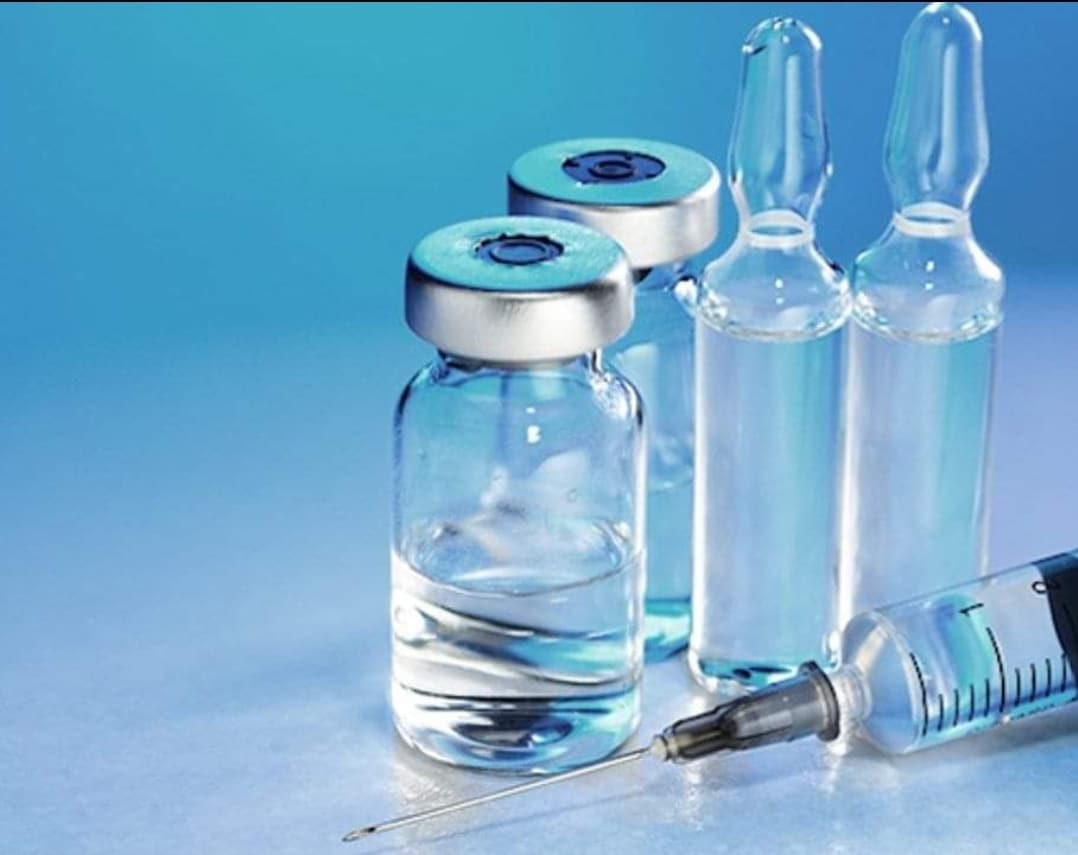USP Peptide Assay Testing in Injections
The USP Peptide Assay is a critical analytical method used for the precise quantification of peptides within injectable or parenteral products. This service plays an essential role in ensuring product quality and safety, particularly in the pharmaceutical sector where purity and consistency are paramount.
Peptides, being crucial components in many biopharmaceuticals, must be accurately measured to ensure they meet regulatory standards. The USP Peptide Assay is designed to quantify peptides that cannot be easily identified by other means due to their complex nature. This service is particularly relevant for products such as monoclonal antibodies (mAbs) and peptide-based therapeutics.
The assay involves several critical steps, including sample preparation, derivatization of the peptide, and chromatographic separation followed by detection using either mass spectrometry or UV/visible spectroscopy. The precision and accuracy of this method are crucial for compliance with pharmaceutical regulations like the United States Pharmacopeia (USP) and International Conference on Harmonisation (ICH).
For quality managers and R&D engineers, ensuring that a product meets USP guidelines is critical not only to avoid regulatory scrutiny but also to maintain patient safety. The service involves rigorous testing of the injectable or parenteral product to ensure that it contains the correct amount of active peptides.
The importance of this testing cannot be overstated. Peptide-based drugs are often used in the treatment of various diseases, including autoimmune disorders and cancer. Any discrepancies in peptide content could lead to therapeutic failures or adverse effects. This service ensures that pharmaceutical companies can deliver consistent, high-quality products to the market.
In summary, USP Peptide Assay Testing in Injections is a vital component of quality assurance in the pharmaceutical industry. It guarantees that injectable and parenteral products are safe, effective, and compliant with international standards.
Scope and Methodology
| Component | Description |
|---|---|
| Sample Preparation | Involves the extraction of peptides from the injectable or parenteral product using appropriate solvents. This step is critical to ensure that all peptides are released and available for analysis. |
| Derivatization | The peptides are chemically modified to enhance their detectability by chromatographic methods. Common derivatization techniques include acetylation or alkylation. |
| Chromatography | This step separates the peptides based on differences in polarity, charge, and molecular size. High-performance liquid chromatography (HPLC) is commonly used for this purpose. |
| Detection | The separated peptides are identified and quantified using mass spectrometry or UV/visible spectroscopy. This step ensures accurate measurement of peptide content. |
The entire process is meticulously controlled to ensure that the results are precise and reliable. The use of advanced instrumentation and experienced analysts guarantees that each sample undergoes thorough testing, leading to accurate quantification of peptides in injectable or parenteral products.
Benefits
The USP Peptide Assay Testing service offers numerous benefits to pharmaceutical companies and quality assurance professionals. Ensuring the accuracy of peptide content is vital for product safety, efficacy, and regulatory compliance:
- Enhanced Product Quality: Accurate quantification of peptides ensures that products are consistent in their active ingredient levels.
- Regulatory Compliance: Meeting USP standards is essential to avoid penalties and ensure market access for pharmaceutical products.
- Patient Safety: Consistent peptide content minimizes the risk of adverse effects or therapeutic failures.
- R&D Support: This service provides valuable data that supports ongoing research and development efforts in biopharmaceuticals.
The service also helps pharmaceutical companies to maintain a competitive edge by ensuring they deliver high-quality products consistently. By adhering to USP guidelines, companies can build trust with regulatory bodies and healthcare providers, thereby enhancing their market reputation.
International Acceptance and Recognition
The USP Peptide Assay Testing service is recognized globally for its reliability and accuracy. This method is widely accepted by regulatory bodies such as the FDA, EMA, and WHO. The United States Pharmacopeia (USP) standards are internationally recognized and serve as a benchmark for pharmaceutical quality.
Pharmaceutical companies that adhere to USP guidelines enjoy several advantages:
- Global Market Access: Compliance with USP standards opens doors to international markets, particularly in countries where these regulations are enforced.
- Enhanced Credibility: Meeting regulatory requirements enhances the credibility of a company and its products.
- Reduced Risk: By ensuring that their products meet stringent quality criteria, companies reduce the risk of recalls or other legal issues.
The acceptance of USP standards is not limited to pharmaceuticals. This method is also used in biotechnology research and development, where accurate peptide quantification is essential for drug discovery and development. The service ensures that all stakeholders involved in the pharmaceutical industry can trust the results, leading to a more efficient and effective supply chain.





